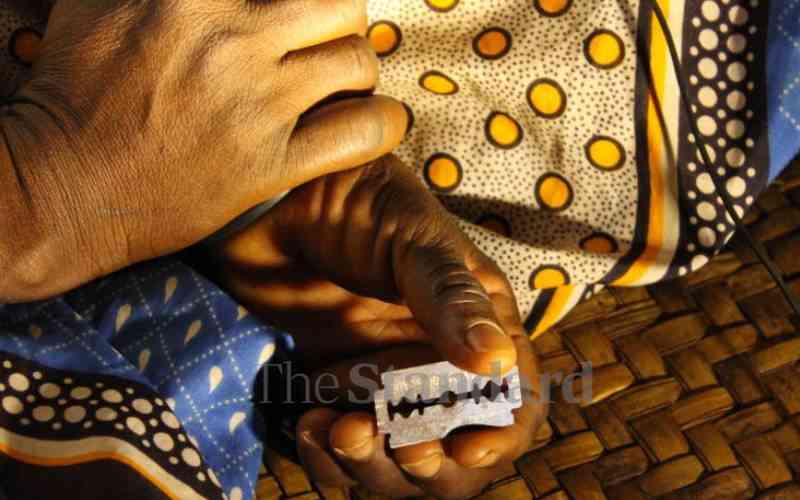×
The Standard e-Paper
Smart Minds Choose Us

A cross-border anti-female genital mutilation network has said widespread cross-border procedures are being carried out in grazing fields along the Kenya-Uganda border.
Kasitot, Kamnai, Karagum, Lorukum, Lochorchori and Mbolongole, Kalapata, Nasal, Nauyapong, Lokiterangan villages in Alale ward that borders Uganda and Amudat, Nakonyen, Omanman river in Uganda are among the grazing lands where cases are rampant along the border.